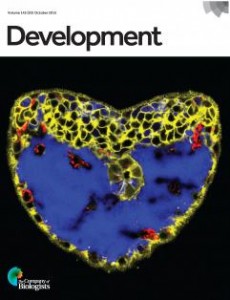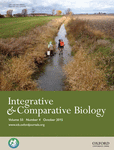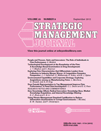 The BMJ has published a correction to a critique of the U.S. dietary guidelines report that has received heavy criticism from nutrition experts.
The BMJ has published a correction to a critique of the U.S. dietary guidelines report that has received heavy criticism from nutrition experts.
The author, journalist Nina Teicholz, has also posted a response to the criticism of the article.
The BMJ investigation, released in September, asserted that the guidelines committee used “weak scientific standards” to make its recommendations. It also criticized several aspects of the new expert report for the guidelines, such as “deleting meat from the list of foods recommended as part of its healthy diets.”
Soon after the feature appeared, The Verge — who first reported the news of the correction this week — called it “bogus.” The BMJ quickly issued a “clarification” to the paper, in the “rapid response” section of the paper (the journal’s version of a comment section). It noted that the feature should have specified “lean” meats.
The new, official, correction doesn’t formally put the clarification on the record. Instead, it addresses the research behind the analysis about saturated fats. Here it is in full:
Continue reading BMJ corrects controversial critique of US dietary guidelines report



 We’ve uncovered a “
We’ve uncovered a “


 A
A  The
The